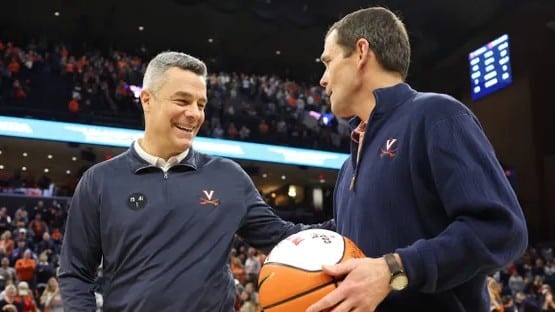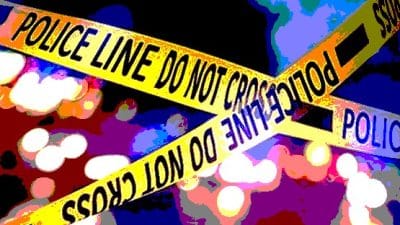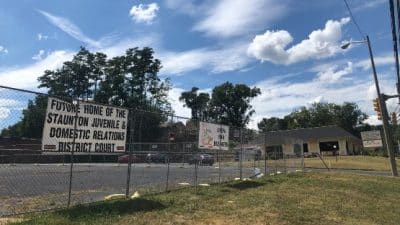
What is the common root of this loss of close friends? I feel friends in sheep clothing cannot withstand being around people that are ill, or have changed. Some of our physical attributes changed and are “ugly” to some. The clenched fist from the muscles getting atrophic; muscle tone tighter than a mosquito’s rear end looks unusual to those seeing it for the first time. Angry pathetic words are made up like lobster boy and claw man for this condition. Their IQ might be superb, but outward appearances derive negative connotations.
According to
http://onlinelibrary.wiley.com/doi/10.1111/j.1460-6984.2011.00079.x/abstract:
Outcomes and Results: 29 participants were recruited of whom 10 had aphasia. The main reasons given for losing friends were: loss of shared activities, reduced energy levels, physical disability, aphasia, unhelpful responses of others, environmental barriers, and changing social desires. The subset of participants who experienced the most extensive loss of friends were those who described a sense that they were closing in on themselves leading to a withdrawal from social contact and a new preference for meeting only close friends and family.
Those with aphasia experienced the most hurtful negative responses from others and found it more difficult to retain their friends unless they had strong supportive friendship patterns prior to the stroke. The factors which helped to protect friendships included: having a shared history, friends who showed concern, who lived locally, where the friendship was not activity-based, and where the participant had a ‘friends-based’ social network prior to the stroke.
I would score this high. I feel there are more direct causes. Fear from your ex-friends is one. The article above should be laced with “Son, you have had a brain injury”. Once we understand that the “brain” injury caused the above, we have a basic start. Here comes the negative connotation again. Since he has a brain injury, we sometimes get lumped into being “less” intelligent. I have been trying to get employed at a menial part-time position. I see prospective employer’s looks and I feel the. I’m sorry…you appear “stupid,” or other words associated with being mentally inefficient. I scored high on all their employment exams, but never get called. I see others getting jobs, but not me.
All right, we have had a brain injury. As survivors, we need a social group/club to express our concerns. You shall find many of your best friends are now stroke survivors. Why? They have been “there.” Their failures and triumphs are shared and you learn from mistakes and also productive successes.
Now, have you changed to warrant friends leaving? Since my injury, I have tried to compensate my weaknesses in the wrong manner. I lie to myself and then it transfers to others. Failure to accept the “new” you can lead down the wrong path of life. Be knowledgeable and understand what is going on now. One of my issues was I was on the wrong medication for six years. I was being treated for depression from day 1 of the brain stem strokes. I was not depressed. The pieces missing in my injury was needed to have a mood suppressant. I was not depressed. The wrong medication turned me down the wrong path. If you had issues before, the wrong med can intensify your mode of operation.
So without help, you do what you believe is the answer to everything in your new life. No direction is prominent and you suffer as well as others. I had a devastating result to me handling things without help. I am so happy it was found and is now being treated responsibly. But your past of doing weird things for six years takes its toll on you and others. When do you stop saying sorry? When does “sorry” become a word that no one believes anymore.
Kim Anderson, from Irvine, Texas, tells me the following:
Most friends desert us after a stroke because we are not the same person we once were to have fun with. I have had a true friend for over 30 years, she has been there for me through thick and thin, when my youngest was born, my stroke and when my hubby died. No matter the circumstances. Now that is a true friend, she doesn’t treat me any different either. not one we thought were our friends, those were just acquaintances I think a lot of people don’t know how to act around us after we have a stroke or what they can do to help, they realize their own morality maybe.
Family members even have a hard time in knowing what to do around us. No one really does, I guess, unless they have walked in our shoes, no that is it in a nutshell.
Kim is a survivor, and I am indeed proud of her. Although she is a Cowboy fan and her other stroke buddy is a Steeler fan. I find them to be very intelligent, funny and strong willed.
Now we have an insight on the personal feelings and one type of anguish felt by survivors. If you are a friend, help yourself to understand. Help your friends to understand. It is a two way street. True friends are forever. Thanks, readers.
Column by Chris DeWald










